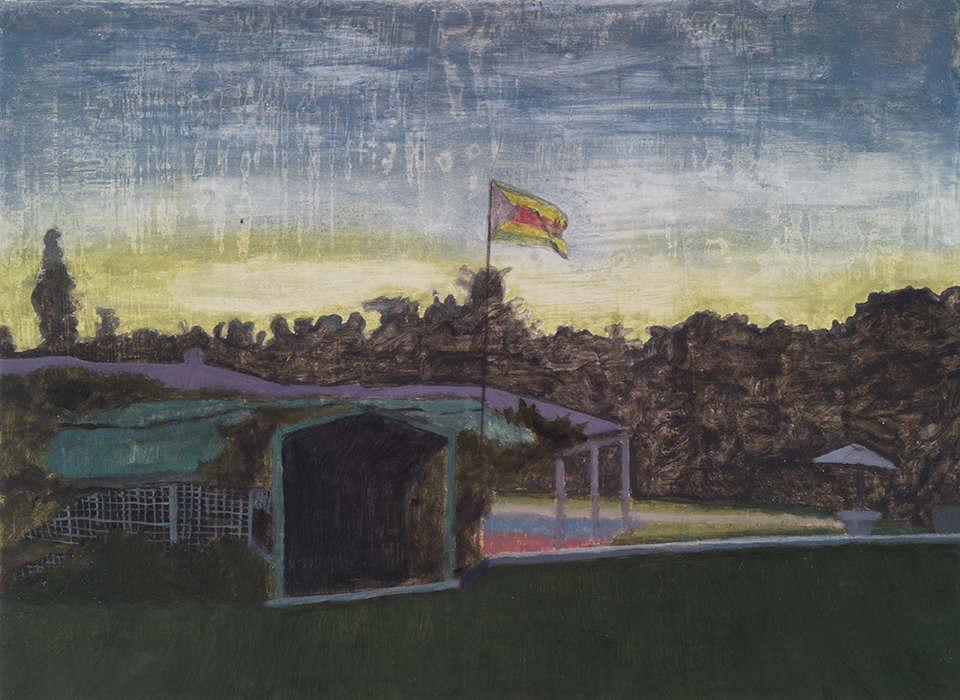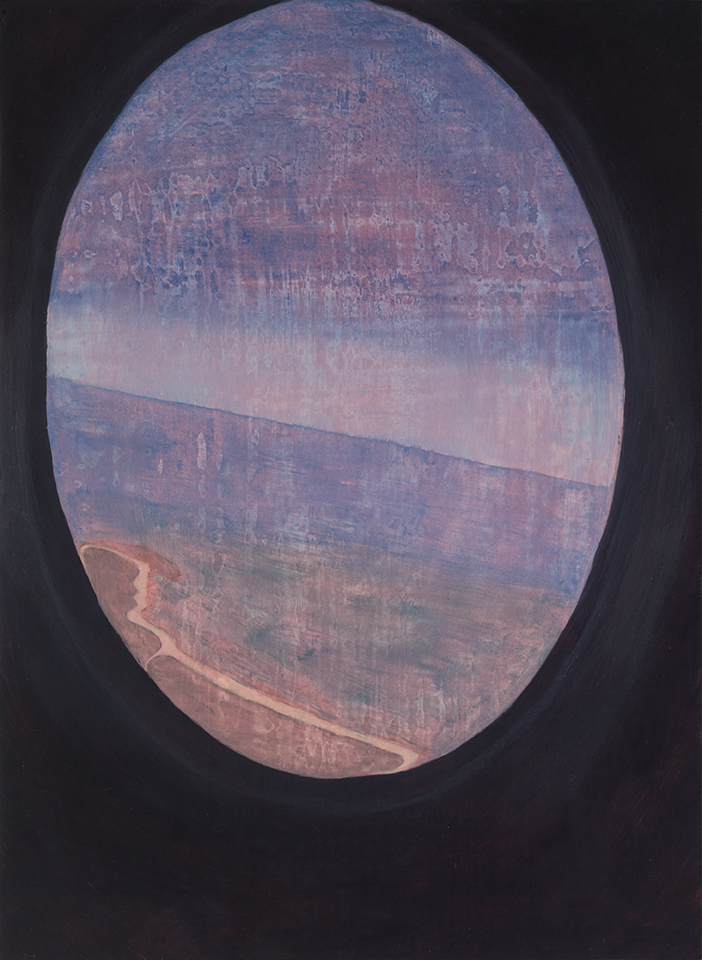
Tash: Mandurah, Western Australia
22.5 x 17 narrativeMy family had to leave Zimbabwe and our very beloved home, a home open to all our friends as we grew up and to international travellers who came to experience a taste of Africa; what many saw as the trip of a lifetime. Our life was filled with beauty and abundance.
We left Zimbabwe with positive attitudes to embrace a new life in Australia. Thanks to our parents’ influence, all three children thrived, making a home away from home in our own way while my parents created this place… lovingly called ‘The Farm.’ A new place where all are welcome. As friends and family came, we got them to mark on the map where they had come from: Iran, Russia, Finland, Sri Lanka and so many more… wonderful people with homes so far away finding a little peace and serenity in our home. Whether camping in the garden or taking part in our annual septathalon for those orphaned at Christmas, we were surrounded by people in the same boat, who had willingly left home for adventure or love or been forced out by circumstances beyond their control. My family has been forever changed by the loss of our home, but we found that you can rebuild, and it can be better… it is always down to the people who come to enrich it.

